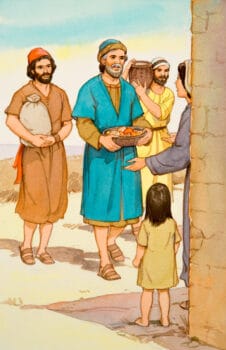
Somewhere along the way, “sharing the gospel” turned into “speeding up Jesus.” The idea usually leans on 2 Peter 3:12 about “hastening” the day of God and Matthew 24:14 about the gospel going to all the world. Fair enough. Mission matters. Faithfulness matters. But here’s the problem: we quietly turned participation into control. The message […] Source: https://atoday.org/no-you-cant-hasten-the-second-coming/



